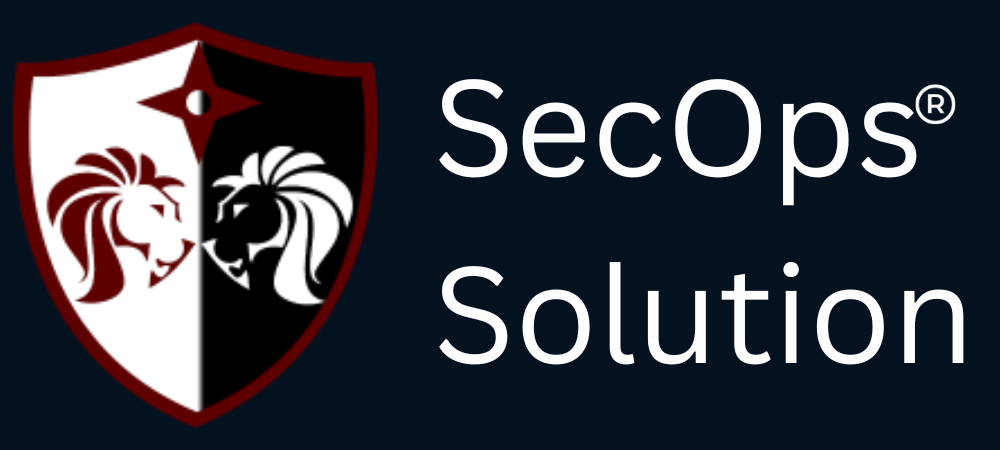
Agentless security for your infrastructure and applications - to build faster, more securely and in a fraction of the operational cost of other solutions

hello@secopsolution.com

+569-231-213

In today's complex IT environments, managing and securing assets goes beyond merely applying patches. While security patches are crucial for addressing vulnerabilities, they do not always cover every aspect of asset security. For instance, ensuring that specific ports are closed or configurations are set correctly often requires custom solutions. This is where the Universal Script Execution Policy offered by SecOps Solution comes into play.
The Universal Script Execution Policy is a feature of SecOps Solution designed to help organizations manage configuration changes across their assets. Unlike traditional patch management, which focuses on applying vendor-released patches, this policy allows for the execution of custom scripts to modify configurations and enforce security policies.
Patches are essential for fixing vulnerabilities in software and systems, but they do not always address configuration issues. For example, a security patch might address a known vulnerability in a service, but it won’t close unused ports or modify settings that could expose your system to risks. Configuration changes, such as closing SMB ports or adjusting security settings, are crucial for comprehensive security.
The Universal Script Execution Policy by SecOps Solution is a powerful tool for managing configuration changes across your IT assets. While patches are vital for addressing known vulnerabilities, configuration management is equally important for ensuring comprehensive security. With the ability to write and execute custom scripts, organizations can address specific security needs and maintain a robust security posture.
For more information on how SecOps Solution can help with your configuration management needs, contact us to learn how our solutions can be tailored to fit your organization's unique requirements.
SecOps Solution is a Full-stack Patch and Vulnerability Management Platform that helps organizations identify, prioritize, and remediate security vulnerabilities and misconfigurations in seconds.
To learn more, get in touch.